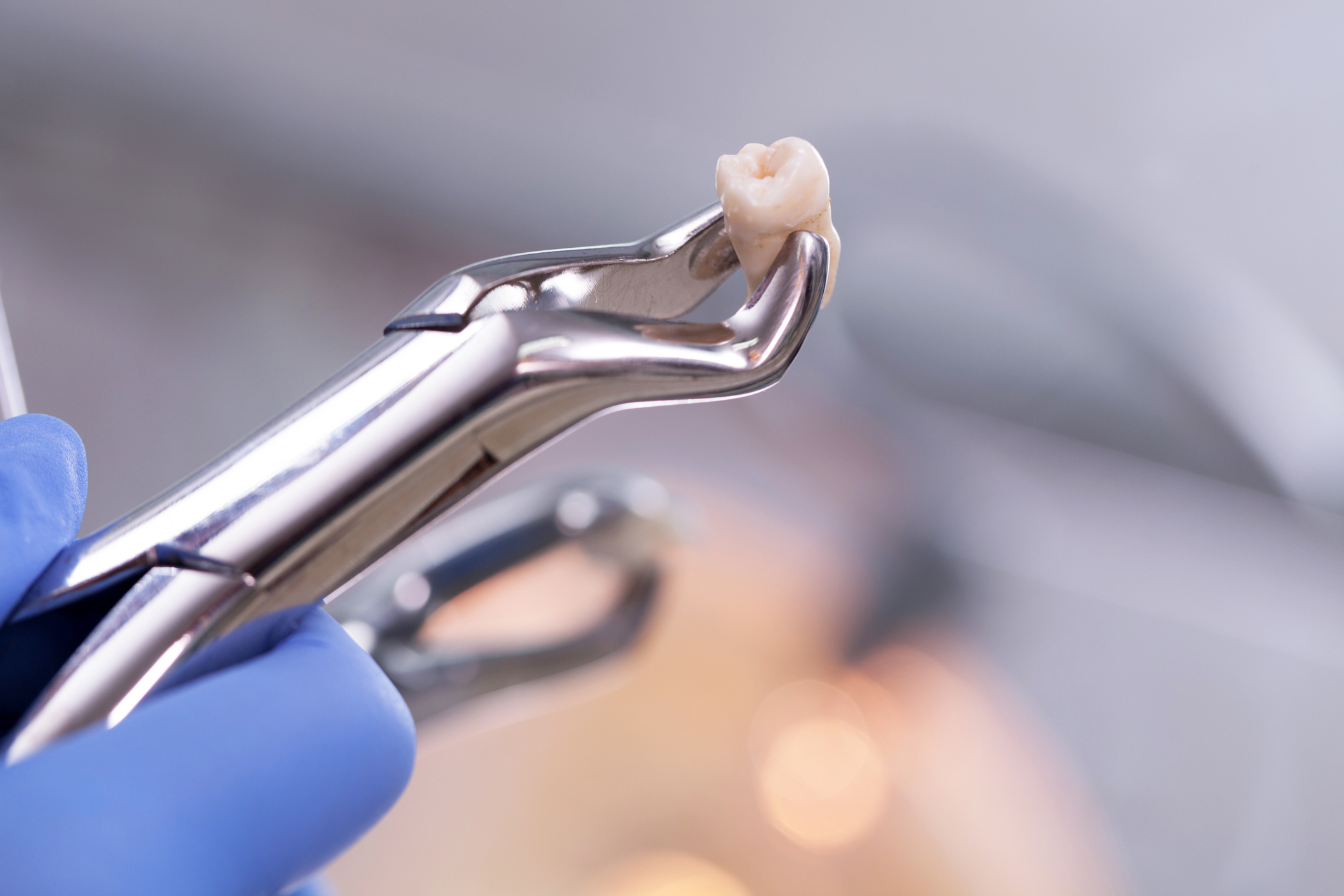Wisdom Tooth Extraction Aftercare

At Central New England Oral and Maxillofacial Surgery, we gladly answer any questions you have before or after surgery. The following instructions for wisdom tooth removal aftercare can help you make a quick, comfortable recovery.
What To Expect After Your Wisdom Tooth Extraction
Following a wisdom tooth extraction, it's vital for a blood clot to form to stop bleeding and begin the healing process. After surgery, we place gauze at the site and ask you to bite down on it for 30 minutes. If bleeding persists, continue to bite down on fresh gauze every 30 minutes until it subsides. You may also bite on a moistened tea bag for 30 minutes. The tannic acid in tea constricts blood vessels and helps the blood clot form.
For optimum healing, it's imperative not to disturb or dislodge the blood clot after it's formed. Don't use a straw, rinse forcefully, smoke or drink alcohol for at least 72 hours. Avoid vigorous exercise and bending for 48 hours, as this may cause more bleeding.
Pain And Swelling
Pain or discomfort after wisdom tooth removal is normal and should subside within a few days. Taking prescribed or over-the-counter pain medications before local anesthesia wears off helps keep your pain level manageable. Continue to take 400-800 mg of ibuprofen (Advil, Motrin) every six hours. Take prescribed pain medicine as directed, and make sure to heed warning labels. Don't drink alcohol, drive or operate machinery while taking these prescribed medications.
Swelling of the cheeks and face is not uncommon and typically appears the day after surgery, and jaw stiffness may persist for several days. Keep in mind that bruising or skin discoloration may also appear. Applying an ice pack to the outside of your cheek helps keep swelling and discomfort to a minimum.
If postoperative pain or swelling becomes worse after a few days, call our office.
Eating And Drinking
Nausea can occur as a result of anesthesia, medication or swallowed blood. If you experience nausea or vomiting after surgery, sipping slowly on a carbonated beverage such as ginger ale can help.
Eating soft, high-calorie, high-protein foods such as scrambled eggs, yogurt and nutritious soups helps you heal faster and feel stronger and more comfortable. It's also vital to drink lots of fluids to stay hydrated. Avoid very hot food and drinks for a few days after surgery.
Oral Hygiene
On the night of your surgery, you may gently rinse your mouth with warm salt water (1/2 tsp. salt with 1 cup water). It's especially important to rinse after eating and to resume gentle brushing the day after surgery. If you've received a prescription mouthwash, use as directed.
For more information about wisdom tooth extraction, contact Central New England Oral and Maxillofacial Surgery in Southbridge, MA, or Pomfret, CT, to schedule an appointment today.
